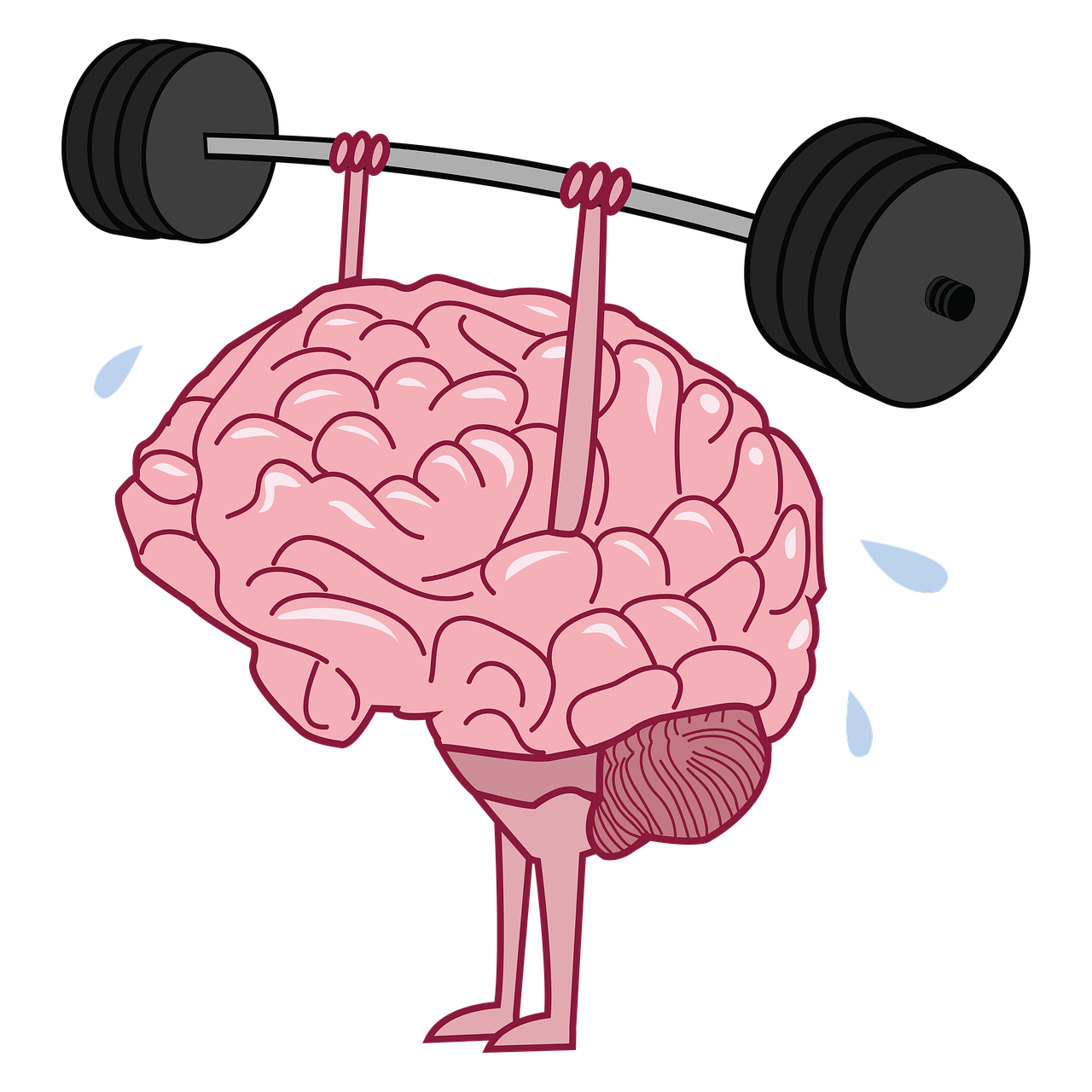I am pretty sure that every single adult worries about their cognitive health at some point in their life. A few years ago, when I read the fictional book Still Alice by Lisa Genova (who has a PhD in neuroscience), about a middle-aged Harvard psychologist who develops Alzheimer’s at the height of her career, I thought to myself, what if that happened to me?
Cognitive decline is of particular concern for women, who are disproportionately affected by disorders associated with brain aging. In fact, 70% of people with Alzheimer’s, the most common form of dementia, are women. And with the majority of the veterinary workforce being composed of women, I felt it was important to take this opportunity to share some strategies for promoting brain health.
The experts warn that this isn’t something that you want to wait until retirement to think about. Ideally, you want to ensure that you are nurturing your cognitive function as early and as often as possible.

Here are ten practical ways to promote brain health:
- Get Sufficient Sleep: Adults need (on average) 7-9 hours of sleep every night and research demonstrates that it’s not just for physical rest and mental rejuvenation. Studies show that while people sleep, their brain shrinks temporarily, to allow for clearing of waste substances such as 𝛽-amyloid, a protein that has been linked with Alzheimer’s. Please refer to my blog Ten Tips for Improving Sleep Hygiene for pointers on how to improve your sleep.
- Incorporate Movement Into Your Day: There is an undeniable link between exercise and brain health. In fact, a large study revealed that Canadians who are more physically active score higher on memory and problem-solving tasks. It appears that physical activity increases the size of the hippocampus, the part of the brain responsible for memory, which incidentally shrinks with age. Do whatever exercise or movement that you enjoy to ensure that you will do it regularly.
- Lower Your Risk of Head Injury: Research demonstrates that moderate to severe head injuries, even without diagnosed concussions, increase the risk of dementia and cognitive decline. Always wear a helmet when riding a bike or rollerblades, or playing contact sports. And never ride or drive in a car without a seatbelt. Taking steps to prevent falls can also reduce the risk of head injury.
- Look After Your Heart Health: It may not be intuitive but the research is clear: risk factors for heart attacks and stroke (i.e., obesity, hypertension, diabetes) also negatively impact cognitive function. Some believe that atherosclerosis that occurs concurrently with these conditions can impede normal blood flow to the brain, but regardless of the pathophysiology, you want to ensure your heart remains healthy.
- Stay Socially Connected: Interacting with friends and family whose company you enjoy can help reduce stress, thereby reducing memory loss. Research shows that strong social ties can actually lower the risk of dementia. Prioritize face-to-face time with loved ones, whether it be by video or in person and be sure to nurture those connections, especially when you are feeling lonely.
- Limit Alcohol Intake: Excessive alcohol intake is a major risk factor for dementia, so it’s important to limit alcohol consumption. Please read my blog When Do Coping Strategies Become Harmful for Veterinary Care Providers where I discuss what is considered moderate alcohol consumption for adults.
- Try Something New: Neuroscientists know that when people attempt new tasks or learn new things they form new neuronal connections in their brain. This is a great way to protect against neurodegenerative disease and can be done by playing a new instrument, learning a new language, taking a class, or travelling to a new city.
- Eat the MIND Diet: This is a blend of the Mediterranean diet, which emphasizes fish, fruits, vegetables, nuts, olive oil, and avocados, while limiting red meat, in combination with the DASH (Dietary Approaches to Stop Hypertension) diet, which promotes heart health. Berries and leafy greens are also prioritized with the research demonstrating that these foods lower the risk of Alzheimer’s disease. And if you love dark chocolate as much as I do, you’ll be glad to know that new research suggests that flavanols in cocoa beans can also improve memory and cognition.
- Try Challenging Tasks: The research clearly demonstrates that the more intellectual stimulation a person has, the more neuronal pathways are used, and the harder it is for neurodegenerative diseases to develop. While there are some apps and games that can help you to practice math problems, complete word puzzles, or do other mind-bending exercises, real-life activities are preferred. So, bring on the IKEA furniture building, playing a game with complex rules and strategies, or completing a difficult puzzle, all of which will help to promote brain health.
- Prioritize Mental Health: Some studies show a link between a history of depression and an increased risk of cognitive decline. Which is one of the reasons why seeking professional support for depression, anxiety, or other mental illnesses is so very important. A serious stigma still persists among veterinary professionals when it comes to mental illness, but I can tell you from personal experience that getting help from a mental health provider can make a world of difference for your mental wellbeing. For more information, please check out my blog How Veterinary Team Members Can Find a Mental Health Provider.
Not only will these strategies promote brain health, many of them will also function as self-care and can mitigate burnout and compassion fatigue. Choose one thing to focus on this month and see how you feel after a few weeks – your brain will thank you for it!
